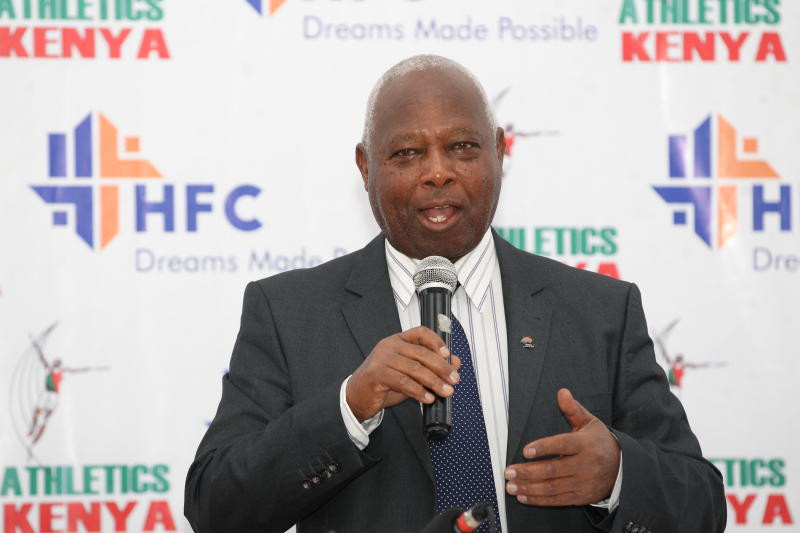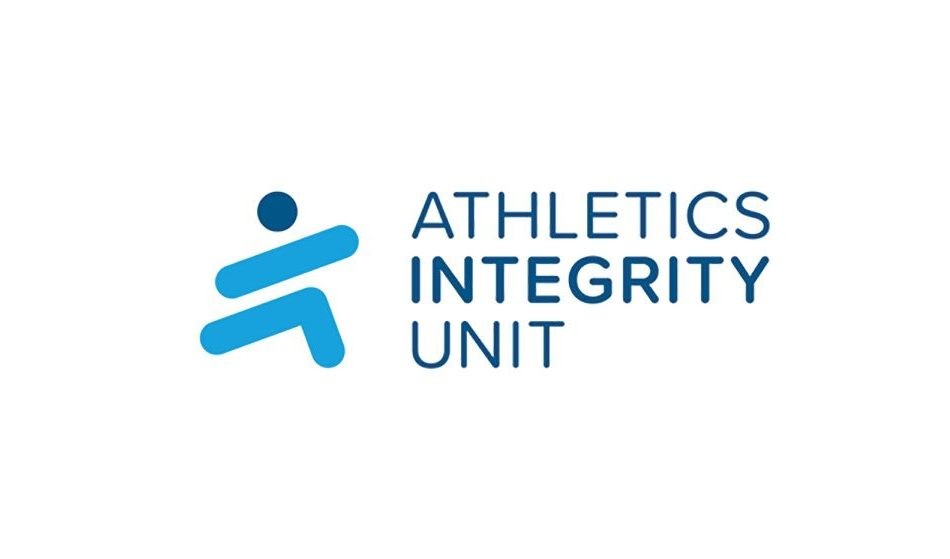Kenya consistently produces world-class athletes who break records and win medals on the global stage. Few countries command the respect Kenya holds in international athletics. Its natural talent for long-distance running, combined with a deep national passion, makes it a hub for elite distance runners.
However, that same spotlight has also exposed the country’s lingering battles with doping, an issue that continues to tighten the grip around athletes’ freedoms.
Kenya’s Category ‘A’ Classification
Since 2017, more than 130 Kenyan athletes, primarily long-distance runners, have faced sanctions for doping violations.
Kenya currently finds itself listed in Category ‘A’ of the World Athletics (WA) anti-doping watch, the most stringent classification under World Athletics’ integrity framework. This category, reserved for nations considered to have the highest doping risk, comes with an uncompromising set of demands, requirements designed to restore credibility to nations with a problematic doping history.
Under this classification, any athlete hoping to represent Kenya at major international competitions, such as the upcoming 2025 World Championships in Tokyo, must undergo three no-notice out-of-competition tests, both urine and blood, in the 10 months leading up to the event. Failure to meet this condition renders the athlete ineligible for selection, regardless of their form or world rankings.
The Stakes Ahead of Tokyo 2025

Athletics Kenya (AK) has made its stance unequivocally clear. AK President Jackson Tuwei confirmed 444 athletes as eligible, but only those meeting entry standards and anti-doping rules will qualify.
“To be considered for Team Kenya, athletes must undergo three unannounced out-of-competition tests before August 29. The first of these must be completed by May 24,” Tuwei emphasized as reported by The Star.
Why These Rules Are So Stringent
The tough regulations are not arbitrary. In 2018, a World Anti-Doping Agency (WADA)-commissioned report titled ‘Doping in Kenya’ painted a sobering picture: between 2004 and 2018, 138 Kenyan athletes tested positive for prohibited substances, but a mere 14% were caught during out-of-competition testing.
Kenya formed the Anti-Doping Agency of Kenya (ADAK) in 2016 to help avoid a Rio Olympics ban amid doping scandals. ADAK was a product of crisis management, born under pressure from WADA to clean up the nation’s sports structures and restore international trust.
Today, Kenya is one of seven nations globally under Category ‘A’ monitoring by the Athletics Integrity Unit (AIU), alongside the likes of Ethiopia, Morocco, Nigeria, Belarus, Bahrain, and Ukraine.
A Climate of Compliance and Caution
This strict anti-doping environment has fundamentally altered the working space for Kenya’s elite and emerging athletes. The requirement for multiple unannounced tests within a restricted period leaves little room for error or non-compliance, placing additional logistical and psychological pressures on competitors preparing for career-defining events.
According to ADAK Interim CEO Peninah Wahome, prevention through education remains Kenya’s long-term safeguard.
“It is crucial that federations align with anti-doping regulations,” Wahome noted during a recent seminar.
“They must work hand in hand with ADAK to implement these requirements. This serves to evaluate their compliance levels and bring them up to speed on their responsibilities.”
In practice, Kenya’s anti-doping campaign involves comprehensive testing programs, random screenings, and targeted intelligence-led operations aimed at high-risk athletes.
Athletes Paying the Price for Past Failures
Yet, amid these sweeping reforms and increased vigilance, it is the current generation of athletes who find themselves operating within a constrained space. Every selection window comes with a cloud of scrutiny, and every performance is subject to suspicion in the court of public opinion.
The effects are tangible, athletes’ movements, training camps, and even private lives have become subject to intense monitoring.Strict check-ins and surprise tests now replace the freedom athletes once had to train remotely with little oversight.
The collective punishment, while arguably harsh, reflects a reality borne from the sport’s chequered past in Kenya. For many athletes today, the burden of restoring Kenya’s global reputation has become as demanding as the races they run.
As Kenya eyes the 2025 World Championships in Tokyo, the hope is that these stringent measures will not only help the country avoid international sanctions but also foster a new generation of clean athletes.
The road is undoubtedly tough, and for many runners, the limited freedoms brought about by Kenya’s Category ‘A’ status may feel like a heavy price. However, if these sacrifices help re-establish Kenya as a beacon of credibility in global athletics, the effort, and occasional discomfort, will have been worth it.


